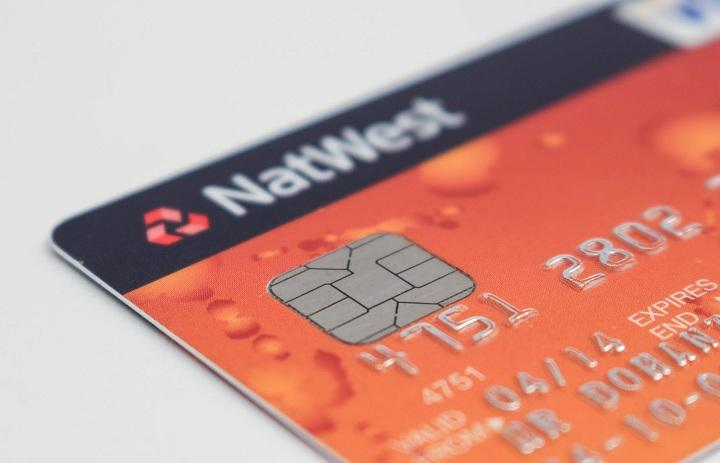
Biometric payment cards may be rolled out as soon as next year and could enable users to make purchases up to the value of their credit card limit.
NatWest was the first British bank to trial the use of a new payment card with a built-in fingerprint scanner in April 2019.
Georgina Bulkeley, Director of Strategy and Innovation at RBS/Natwest told the BBC they had “mixed results from customers. Some said they were happy to pay a fee to have that increased authentication and others weren’t. Some of the retailers’ technology needs updated to take biometric authentication which we hadn’t expected, so that was a really good learning.”
The card looks the same as any other bank card, but has a small biometric scanner in the top right-hand corner. It records the user’s fingerprints from different angles once a finger is placed on the sensor, so that no one else can use or replicate it. An inductive loop is then used to receive power from the card terminal, so it is able to reocognise if it is a match with stored data to thus authorise a payment.
Currently in the UK, anyone can make a contactless payment if they own a contactless debit card by tapping their card on the terminal to make a payment.
They can also do this with their smartphones by using their fingerprints when tapping their phone on the terminal. This can be done through the likes of Apple Pay or Google Pay by inputting your card details onto your phone from the comfort of your own home.
Payments like these are often used in cities for public transport as well, as they are quick and essentially effortless.
However, these methods are substantially less secure, as contactless cards can be easily stolen and phones can be hacked by cybercriminals. Therefore a £30 limit is applied to such payments, with retailers requiring you to place your card into the card reader and enter a PIN for more expensive purchases.

Gemalto is the security company behind the biometric tech. It ran a trial in South Africa with Mastercard in 2017 and a pilot with Italian bank Intesa Sanpaolo last year. The cards typically required users to visit their bank branch though, which is also what the NatWest trial’s participants had to do.
The Verge questioned why these biometric cards are necessary, due to the inconvenience of the user having to visit their bank initially, and also the need to carry a separate card when mobile payment functionality is included on so many modern smartphones.
However, these cards may help those who can’t afford smartphones. Additionally Howard Berg, Managing Director at Gemalto UK, pointed out that someone can get into “a networked computer [or phone] that links to other devices. The card is not linked to anything. Everything is contained on the card. It doesn’t communicate the fingerprint to anything else.”
Although most bank cards are provided for free with a qualifying bank account, these biometric cards will require a small fee, as aforementioned by NatWest.
Bob Reany, an executive vie president at Mastercard said thousands of fingerprint-detecting cards will be trialled elsewhere in the world this year, and rival Visa also tested biometric cards in Cyprus with Gemalto and the country’s national bank.
Gemalto said it has already produced “tens of thousands” of biometric cards for tests, and Howard Berg added that he expects a “significant rollout in the next couple of years”.
Source: BBC, The Verge, Wired, RBS/NatWest